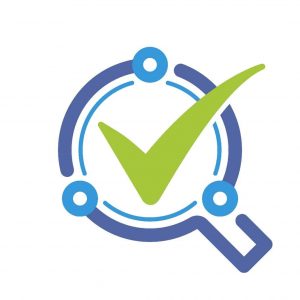Policy
Diversity and Inclusion at AG Grace, Inc.
DIVERSITY & INCLUSION POLICY
AG Grace, Inc., is committed to fostering, cultivating and preserving a culture of diversity and inclusion.
Our human capital is the most valuable asset we have. The collective sum of the individual differences, life experiences, knowledge, inventiveness, innovation, self-expression, unique capabilities and talent that our employees invest in their work represents a significant part of not only our culture, but our reputation and company’s achievement as well.
We embrace and encourage our employees’ differences in age, color, disability, ethnicity, family or marital status, gender identity or expression, language, national origin, physical and mental ability, political affiliation, race, religion, sexual orientation, socio-economic status, veteran status, and other characteristics that make our employees unique.
AG Grace, Inc’s diversity initiatives are applicable—but not limited—to our practices and policies on recruitment and selection; compensation and benefits; professional development and training; promotions; transfers; social and recreational programs; layoffs; terminations; and the ongoing development of a work environment built on the premise of gender and diversity equity that encourages and enforces:
- Respectful communication and cooperation between all employees.
- Teamwork and employee participation, permitting the representation of all groups and employee perspectives.
- Work/life balance through flexible work schedules to accommodate employees’ varying needs.
- Employer and employee contributions to the communities we serve to promote a greater understanding and respect for the diversity.
All employees of AG Grace, Inc have a responsibility to treat others with dignity and respect at all times. All employees are expected to exhibit conduct that reflects inclusion during work, at work functions on or off the work site, and at all other company-sponsored and participative events.
Any employee found to have exhibited any inappropriate conduct or behavior against others may be subject to disciplinary action.
Employees who believe they have been subjected to any kind of discrimination that conflicts with the company’s diversity policy and initiatives should seek assistance from a supervisor or manager.
Diversity
Diversity is represented by different human demographics, including race, religion, gender, sexual orientation, age or disability. Additionally, characteristics such as backgrounds, personality traits, lifestyles, experiences, family compositions or education are considered elements of diversity. Simply put, workforce diversity refers to the individual characteristics of employees that make them unique. This uniqueness in the workplace allows for new ideas and creative solutions that can help an organization grow.
Inclusion
Inclusion While diversity is the first step to having a diverse and inclusive work culture, employees must also feel comfortable and safe, or their skills and knowledge may not be fully leveraged in the workplace. Inclusion refers to the cultural and environmental feeling of belonging. It can also be defined as how welcomed and valued an employee feels in the workplace. In an inclusive work environment, employees are inclusive of their colleagues while also feeling included themselves.
Equity
A key element in fostering a diverse and inclusive workplace is equity. Equity in the workplace means fair treatment, access, opportunity and advancement for all employees. By fostering an equitable environment, all employees are given the unique resources they need to succeed.
Equality
Often confused with equity, equality refers to employees receiving the same resources and opportunities without factoring in individual needs. While equity implies fairness, equality implies sameness. Equitable conditions







